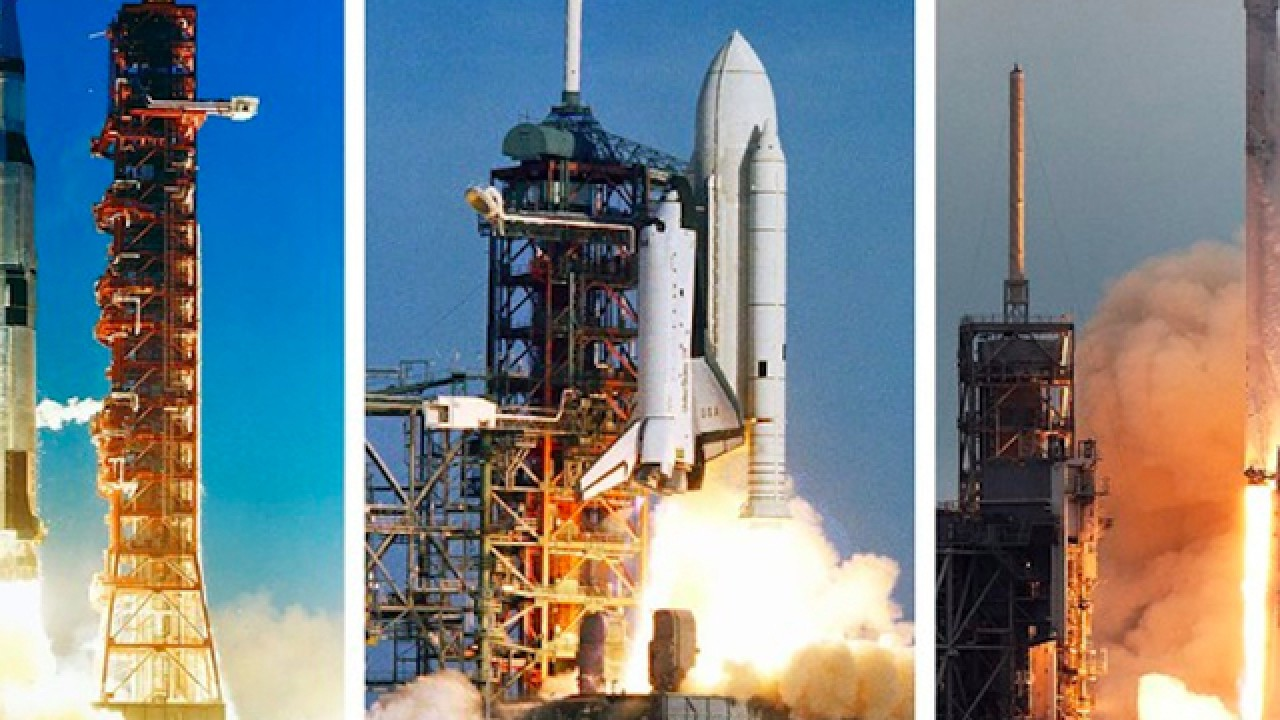MOON FEVER-50 YEARS LATER

We are celebrating the 50th Anniversary of our first trip to the moon this year, where Buzz Aldrin and Neil Armstrong stepped onto the surface of another celestial body other than their own. I watched the PBS special on Anniversary night and was very impressed with their portrayal of it, using actual footage from the lunar module. I don't remember that night well, perhaps we were up at our camp in the 1000 islands at the time, but it was one of those vague memories in my mind that I perhaps heard later on the news when we came home.
But now that man has gone to the moon, built a Skylab, space shuttle, and space station, what is next for NASA? There has been talk of Mars by Ellon Musk, who is now providing private rockets for testing and experimentation. Many successful payload launches have been initiated by his company, and he has been working on a more powerful rocket that could one day take us to Mars. His company has been the first to successfully land a standing rocket, something up until now has been impossible.
But is Mars really the next place we need to go? We sometimes overlook the obvious because we feel it is just a useless and wasted effort. Take the moon for instance; for all intents and purposes, its just a large piece of rock but within that rocket lies the makings of new beginnings for mankind. There are several resources available on the moon, and why not mine our nearest neighbor, if it means expanding our race. There are several choice metals, including Titanium, Silicon, and Iron, useful for refining and making metal to build a complex there in the future, and several gases available within the same rock that could provide rocket fuel.
You may ask how can anyone live there without Oxygen? Well, you can ask the same question of Mars. Just because there is more oxygen in the Martian atmosphere doesn't mean you can refine it right away, and just because there is little oxygen on the moon doesn't mean you can't "squeeze" the moisture out of rocks to provide water and air. We are only limited by our knowledge and ingenuity as a race.
There is also the challenge of radiation, something that is an issue once we leave the safe confines of our Van Ellen Belt. At least eight of the Apollo astronauts have died from heart disease or various cancers. Until man finds a way to deal with the harsh conditions of space and other worlds, space travel may prove to be difficult. In my first story, I used specially designed polyethylene space suits that protect the astronauts. The walls of the Martian base are protected by the same material and buried within the lava tubes.
You may also ask yourself why we should even go up there in the first place, with so many problems here on Earth? Well the answer to that one is two fold-yes, we should fix problems here first, but even in a world where everyone lives in peace together and there is no more war, there are other scenarios just as bad, such as overpopulation, poverty, disease, and natural disasters. We will eventually outgrow this world, it is inevitable. Then there is the matter of climate change, something we think we have control over if we just stop polluting. To me this is a fallacy, because ice ages, warming trends, continental shifts, and the sun's activity are all things we have no control over. In a million years we will be toast here, unless we find a new place to live. If man is to survive, we need to look to the stars.
ALSO AVAILABLE ON AMAZON:


